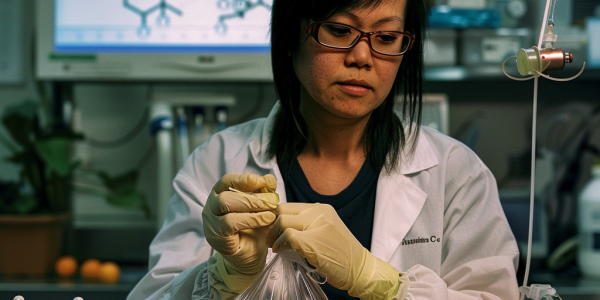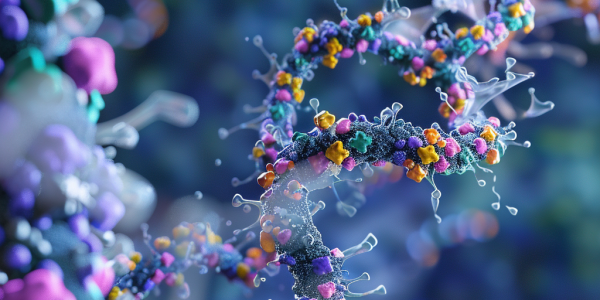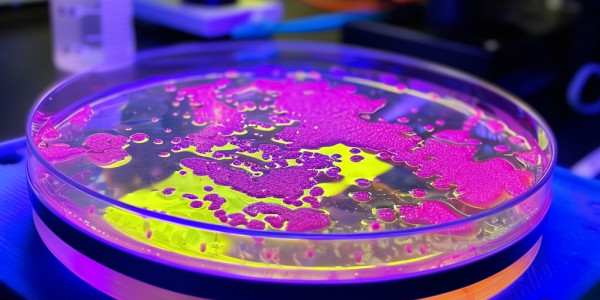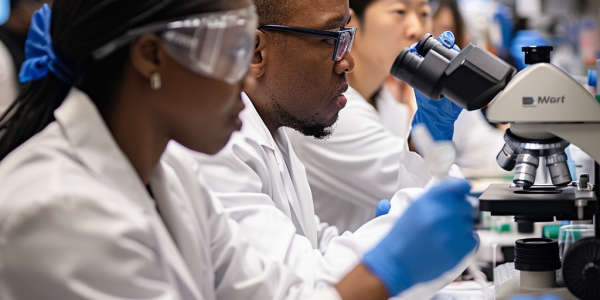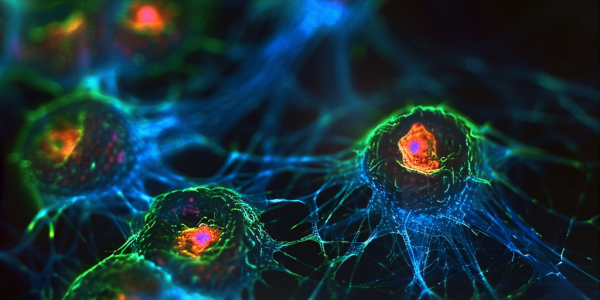University of Iowa Study Reveals High-Dose Vitamin C Doubles Survival Rates for Late-Stage Pancreatic Cancer Patients
A groundbreaking study from the University of Iowa reveals that high-dose intravenous vitamin C therapy could double survival times for late-stage pancreatic cancer patients, increasing their average survival from eight to 16 months. This promising research highlights the potential of vitamin C as a versatile treatment option in oncology, with implications for other cancer types as well.
MIT Researchers Unveil Dual-Action Cancer Therapy Combining Phototherapy and Chemotherapy
MIT researchers have developed a groundbreaking dual-action cancer therapy that combines phototherapy and chemotherapy into a single implant. This innovative approach aims to enhance treatment effectiveness while minimizing side effects for patients with advanced tumors. Early studies show promising results, potentially paving the way for more personalized and effective cancer treatments.
Novel Blood Test Improves Cancer Treatment Strategies
University of Zurich and University Hospital Zurich have developed a novel blood test that revolutionizes cancer treatment strategies. The liquid biopsy method offers a less invasive and more practical approach to monitoring treatment effectiveness, providing valuable insights into tumor activity and spread. This personalized approach allows for tailored treatment plans, improved outcomes, and early detection of cancer recurrence.
Revolutionary Blood Test Predicts Breast Cancer Recurrence with 100% Accuracy
Learn about the groundbreaking new blood test that can predict breast cancer recurrence with 100% accuracy, offering hope for early detection and treatment. Stay informed on the latest healthcare advancements to protect yourself and your loved ones from the risks of breast cancer.
Enzyme Research Reveals Side Effects of Cancer Drugs
Enzyme research at the University of Würzburg uncovers why certain cancer drugs cause severe side effects, focusing on the interaction between the enzyme USP28 and inhibitors. The structural similarities between USP28 and USP25 pose challenges in drug development, leading to unintended targeting and potential side effects. Precision in developing USP28 inhibitors is crucial to avoid cross-reactivity and ensure effective cancer therapeutics.
Innovative Bacteria-Based Cancer Treatment Shows Promise in Targeted Therapy
Researchers at NUS Medicine have developed a new approach using engineered bacteria to deliver chemotherapy drugs directly to tumor sites, reducing side effects and increasing treatment effectiveness. This groundbreaking discovery offers a less toxic alternative to traditional chemotherapy, with potential applications across different types of cancer therapy.
Groundbreaking Cancer Research Developments
Discover 11 groundbreaking developments in cancer research, including personalized cancer vaccines, early-stage cancer detection tests, targeted therapies, liquid biopsies, immunotherapy, artificial intelligence, genomic sequencing, nanotechnology, cancer immunogenomics, minimal residual disease monitoring, and collaborative research initiatives. These innovative approaches aim to revolutionize cancer care and improve outcomes for patients worldwide.
Exploring Viruses as a Potential Weapon in Cancer Treatment
Discover the latest breakthrough in cancer research as scientists investigate the use of viruses to combat the disease. Dr. Shashi Gujar and his colleagues at Dalhousie University are leading the way in developing oncolytic viruses (OVs) for cancer immunotherapy. By harnessing the body’s immune response, OVs have the potential to revolutionize cancer treatment. Learn how these tiny adversaries could become powerful allies in the fight against cancer.
AI Revolutionizing Cancer Research: A Guide for Non-Computational Researchers
Discover how artificial intelligence is transforming cancer research and empowering non-computational researchers to unlock hidden insights in data. Learn how AI tools can streamline workflows, uncover scientific discoveries, and enhance research productivity in this comprehensive guide published in Nature Reviews Cancer.
Groundbreaking Cancer Research Discovery by Late UVA Scientist John Herr
Groundbreaking cancer research has emerged from the late University of Virginia School of Medicine scientist, John Herr, regarding the SAS1B protein found in cancer cells. Collaborating with Dr. Craig L. Slingluff Jr., Herr’s work holds the promise of innovative treatments for solid cancer tumors like breast cancer, lung cancer, and melanoma. Recent scientific publications highlight the significant impact of Herr’s investigations, pointing towards potential groundbreaking advancements in cancer therapy.

